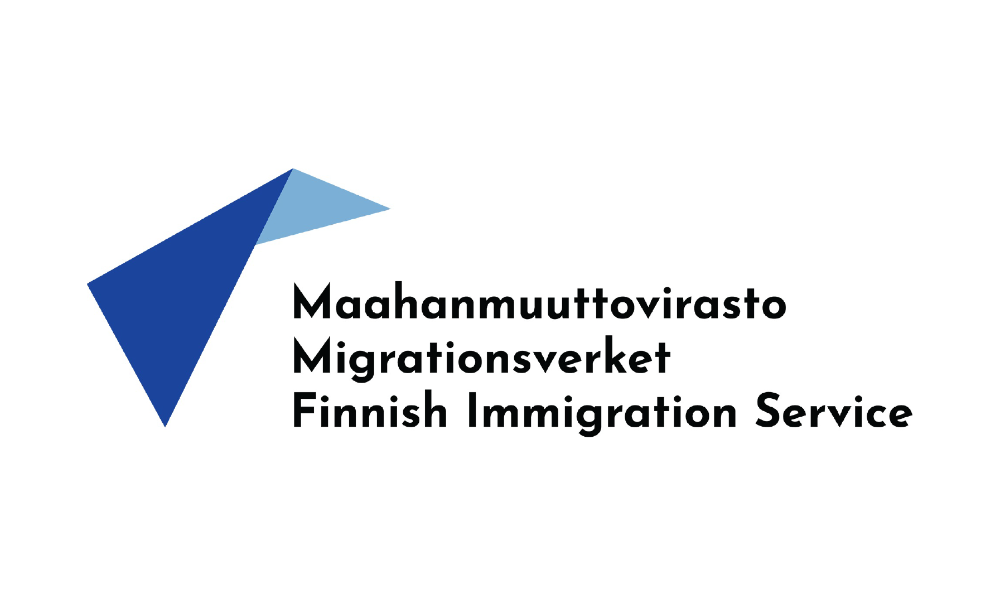
There has recently been public discussion about the Finnish Immigration Service’s guidelines regarding decision-making on international protection and Palestinians from Gaza. The guidelines that have been discussed are internal instructions of the Finnish Immigration Service and, if presented and interpreted as such without context, give an erroneous picture of the asylum procedure, which also must comply with several other instructions and guidelines. All relevant instructions and guidelines are applied in decision-making on asylum applications, and consideration of an individual applicant’s situation is always required.
The primary instructions for examination of asylum applications are the Finnish Immigration Service’s own general asylum investigation guidelines, which have been updated recently. The document containing these guidelines is publicly available on our website. The asylum investigation guidelines take into account how an applicant’s membership in a terrorist organisation or connection to such an organisation must be addressed in the procedure for applicants from a conflict area. This was not clarified in the internal instructions regarding Palestinians from Gaza, which makes an erroneous interpretation of the instructions possible. We will correct this part of the instructions immediately.
“I apologise for the situation. Based on an unclear formulation of the instructions, readers may get a misleading impression of the asylum procedure in the case of Gaza,” says Johanna Waal, Director of Legal Services Unit, who is responsible for the instructions.
In an asylum investigation, establishment of the applicant’s identity is a key part of the process and one of the factors that enable the investigation of connections to terrorism and war crimes. Establishment of identity is a core duty of the Department for International Protection at the Finnish Immigration Service, and the agency’s personnel is competent in identifying situations where a person’s identity is not fully clear.
During the asylum procedure, the Finnish Immigration Service investigates whether exclusion indications can be found. These are indications that suggest that the applicant, based on their profession or background, for example, may have committed serious crimes under international law (war crimes, crimes against humanity) or other serious crimes or be guilty of terrorist activity. A person who has committed this type of offence will not be granted international protection. The asylum system does not make it possible for a person who has been identified as a terrorist to get asylum. The Finnish Immigration Service personnel is trained to identify indications that suggest that an asylum seeker may have been involved in the type of crimes mentioned above.
The amendments to the legislation on exclusion that entered into force this year have contributed to preventing persons who may have been involved in terrorist activity from being granted refugee status, permanent permit, or citizenship following a permanent permit. As a result of the amendments, a residence permit on the basis of international protection may be refused on the grounds of endangering national security.
The Finnish Immigration Service is actively cooperating with and exchanging information with police authorities and the Finnish Border Guard in matters pertaining to national security. The investigation of such matters also involves wide-ranging international cooperation with authorities of other countries.
The Finnish Immigration Service has analysed independent country of origin information and deemed already in the autumn of 2024 that the level of indiscriminate violence in Gaza is extremely high. Other EU Member States have issued similar guidelines and estimates of the level of violence.
The new instructions were issued to supplement the earlier guidelines by adding an assessment of the fulfilment of the conditions for granting asylum in relation to country of origin information and level of violence. Instructions of this type are issued to ensure that decision-making practices are consistent. Asylum investigation is still always based on individual consideration.
The number of Palestinian asylum seekers has been very low in Finland since October 2023 when the crisis in Gaza arised. Fewer than 40 Palestinian asylum seekers have arrived in Finland since then. This includes all Palestinians from different areas.
Media enquiries
Please visit:
Our Sponsor
